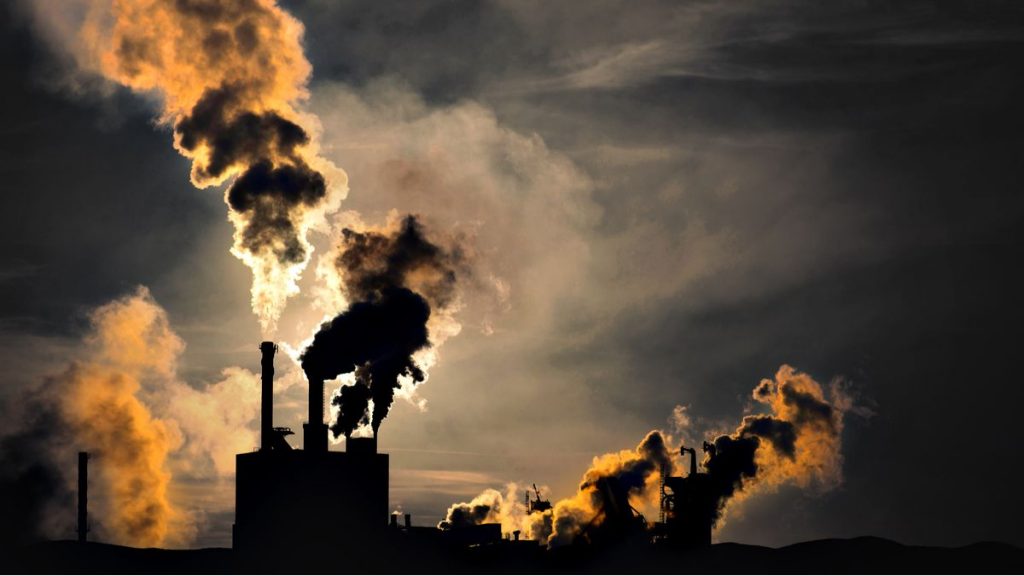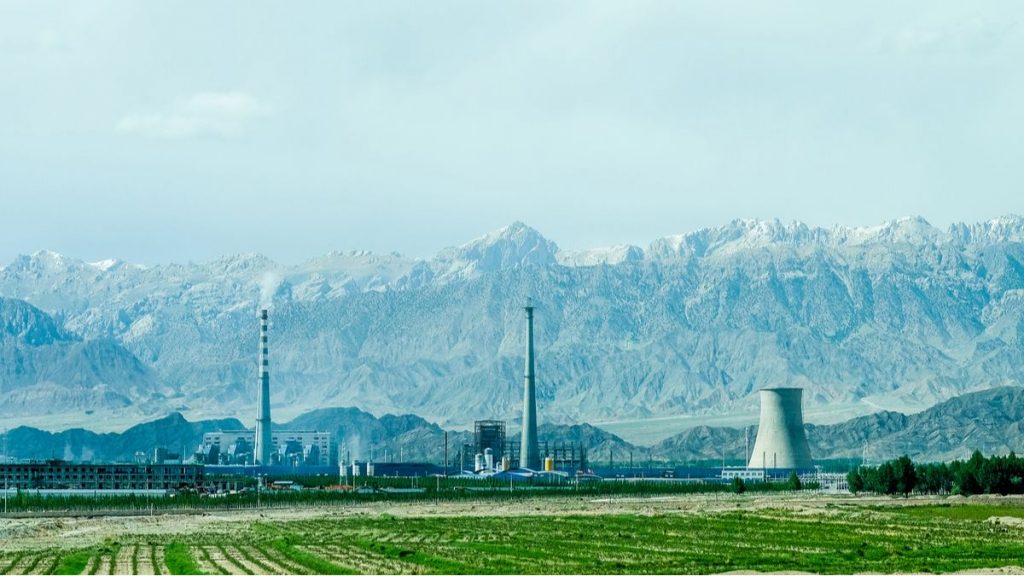
The gases responsible for global warming are now reaching record levels in the atmosphere, according to the UN. This, despite the restrictions put in place this year to stem the coronavirus pandemic.
Minimal reduction in CO2 emissions in 2020
Although the Annual newsletter of the’World Meteorological Organization (WMO) forecasts a reduction of 4.2 to 7.5% in CO2 in 2020, resulting from the strong economic slowdown caused by the health crisis, it is a ” minimal gap Compared to the continuous build-up of greenhouse gases in the air caused by human activities, and less than the natural variation observed from year to year.
The reference station of Mauna Loa (Hawaii) recorded a monthly average of CO2 of 411.3 ppm (parts per million) last September against 408.5 ppm the previous year. While a similar phenomenon was observed in Cape Grim (Australia), with 410.8 ppm against 408.6 ppm in 2019.
According to experts, in 2019, the increase in the average level of CO2 in the atmosphere was found to be larger than that observed over the past decade. This shows that measures to reduce emissions are currently far from sufficient to avoid the worst effects of the climate crisis.
To hope that we can limit global warming to 1.5 ° C, beyond which hundreds of millions of people will find themselves exposed to more heat waves, droughts, floods and poverty, it is estimated that emissions must be reduced by at least 50% by 2030. While many countries were due to pledge to accelerate their emissions reductions at a UN summit in Glasgow this month, the latter has been postponed one year due to Covid-19.

Record levels of greenhouse gases in the atmosphere
” The drop in emissions from containment is just a small point on the long-term curve. However, we must flatten the latter in a sustainable way “, said Petteri Taalas, secretary general ofOMM. ” We crossed the annual global threshold of 400 ppm in 2015, and four years later we have crossed the 410 ppm mark. Such a rate of increase has never been seen before. “
” CO2 stays in the atmosphere for centuries. The last time the Earth experienced a comparable concentration was 3 to 5 million years ago, when the temperature was 2 to 3 ° C higher than today and the sea level higher than 10 to 20 meters at current level. But we weren’t 7.7 billion human beings. “
The BulletinOMM reveals that the concentration of CO2 in the atmosphere is now 50% higher than in 1750, before the industrial revolution. This alone traps two thirds of the heat retained on the surface of the Earth by greenhouse gases, and this warming effect has increased by 45% since 1990.
Produced by livestock, rice paddies and the exploitation of fossil fuels, methane is responsible for 17% of the warming effect. Its concentration is today two and a half times that of the pre-industrial era. Another important greenhouse gas is nitrous oxide, which comes mainly from the overuse of agricultural fertilizers and the burning of forests. According to the report, the concentration of the latter, which turns out to be 300 times warmer than CO2, is now 23% higher than in 1750.

The pandemic as a springboard to launch more sustained climate action
Greenhouse gas data is collected by the Global Atmosphere Monitoring Network, which includes stations in theArctic, in high mountains and in tropical islands. These stations continued to operate despite restrictions related to Covid-19 that hinder the resupply and turnover of staff in often difficult and isolated places.
” The Covid-19 pandemic will not solve the problem of climate change. However, it represents a stepping stone to launch more sustained and ambitious climate action aimed at reducing net emissions to zero by completely transforming our industries, energy systems and transport. “, concluded Taalas.

